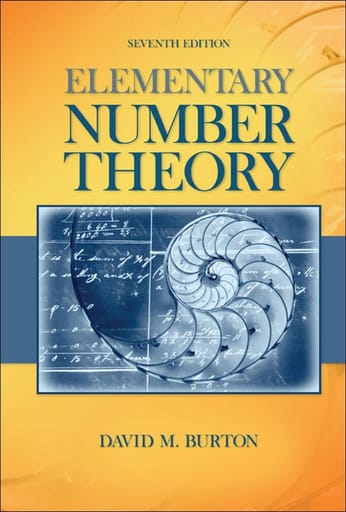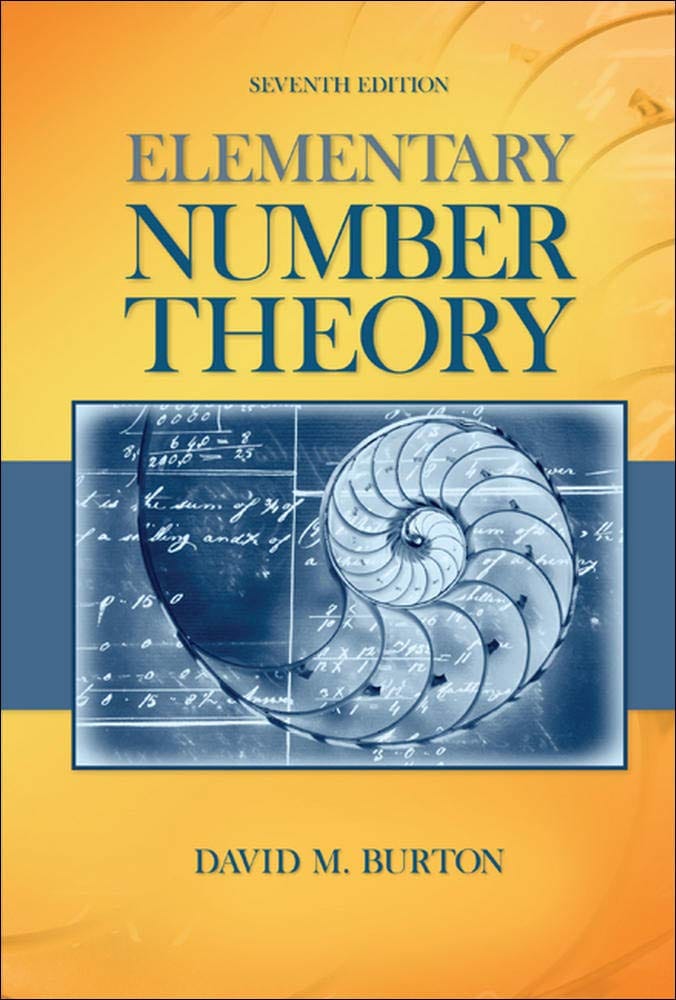
Elementary Number Theory Problems 4.2 Solution (David M. Burton's 7th Edition) - Q4 Paid Members Public
My Solution for "(a) Find the remainders when $2^{50}$ and $41^{65}$ are divided by $7$. (b) What is the remainder when the following sum is divided by $4$? $$1^5 + 2^5 + 3^5 + \cdots + 99^5 + 100^5$$"
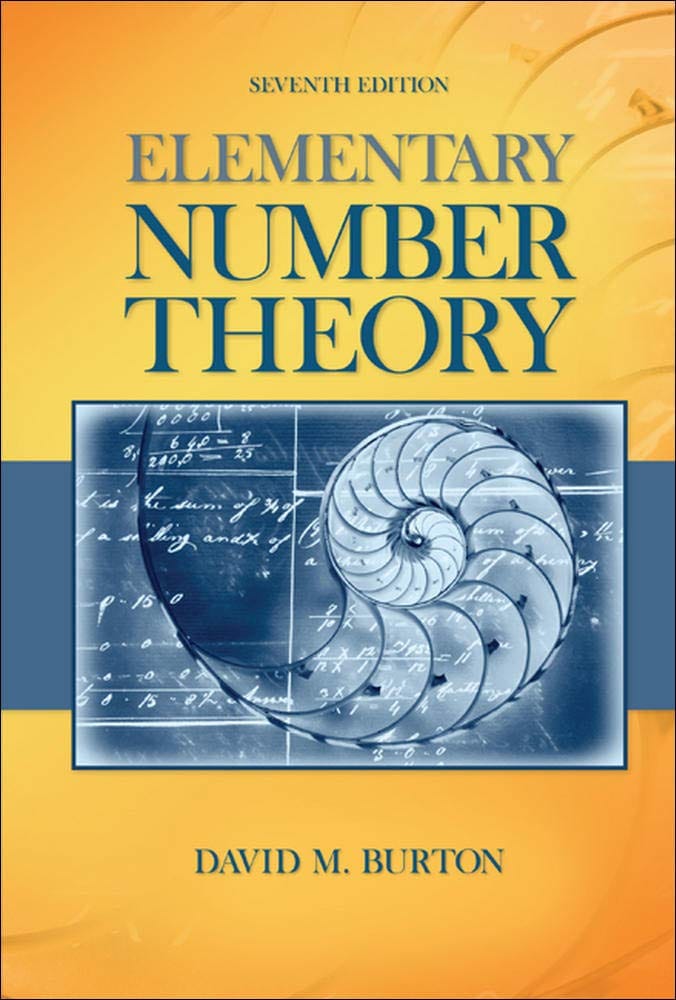
Elementary Number Theory Problems 4.2 Solution (David M. Burton's 7th Edition) - Q3 Paid Members Public
My Solution for "If $a \equiv b \pmod n$, prove that $gcd(a, n) = gcd(b, n)$."
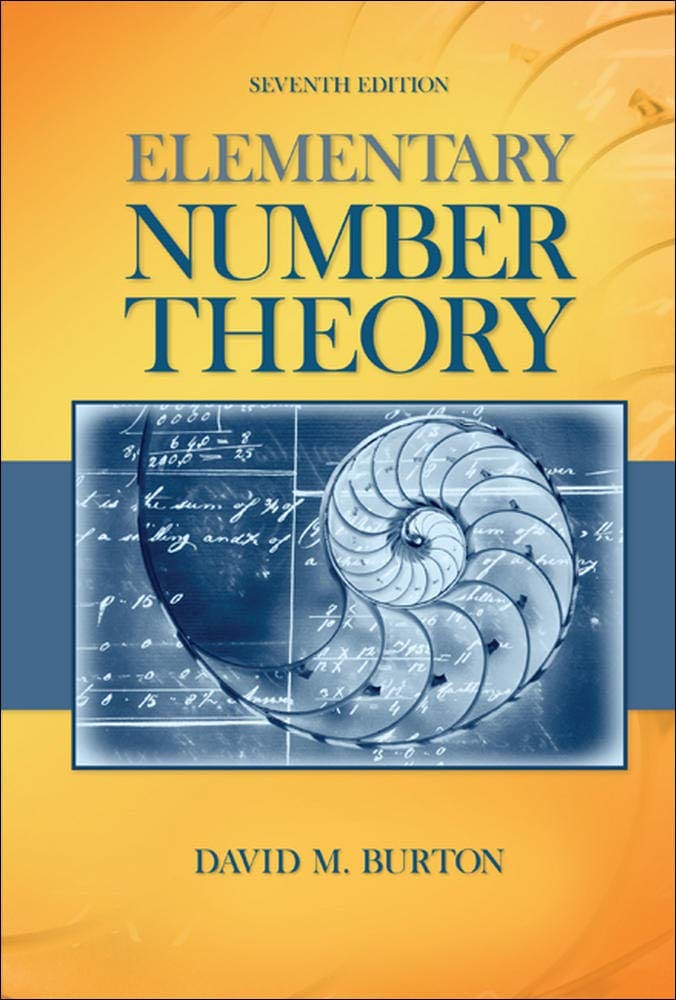
Elementary Number Theory Problems 4.2 Solution (David M. Burton's 7th Edition) - Q2 Paid Members Public
My Solution for "Give an example to show that $a^{2} \equiv b^{2} \pmod n$ need not imply that $a \equiv b \pmod n$."
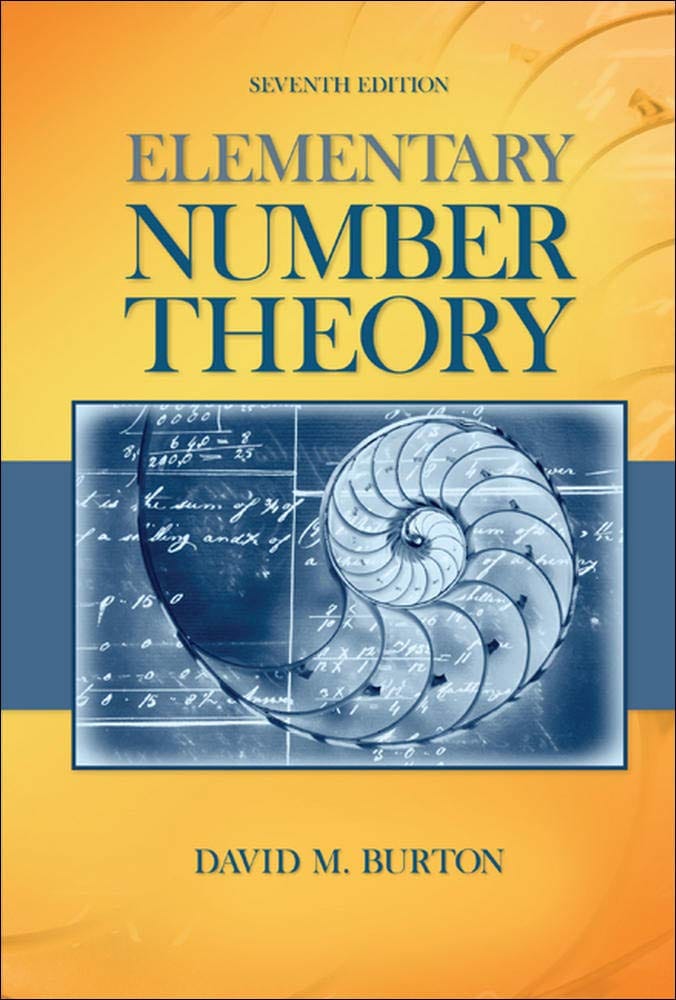
Elementary Number Theory Problems 4.2 Solution (David M. Burton's 7th Edition) - Q1 Paid Members Public
My Solution for "Prove each of the following assertions: (a) If $a \equiv b \pmod n$ and $m \mid n$, then $a \equiv b \pmod m$. (b) If $a \equiv b \pmod n$ and $c > 0$, then $ca \equiv cb \pmod {cn}$. (c) If $a \equiv b \pmod n$ and the integers $a$, $b$, $n$ are all divisible by $d > 0$..."
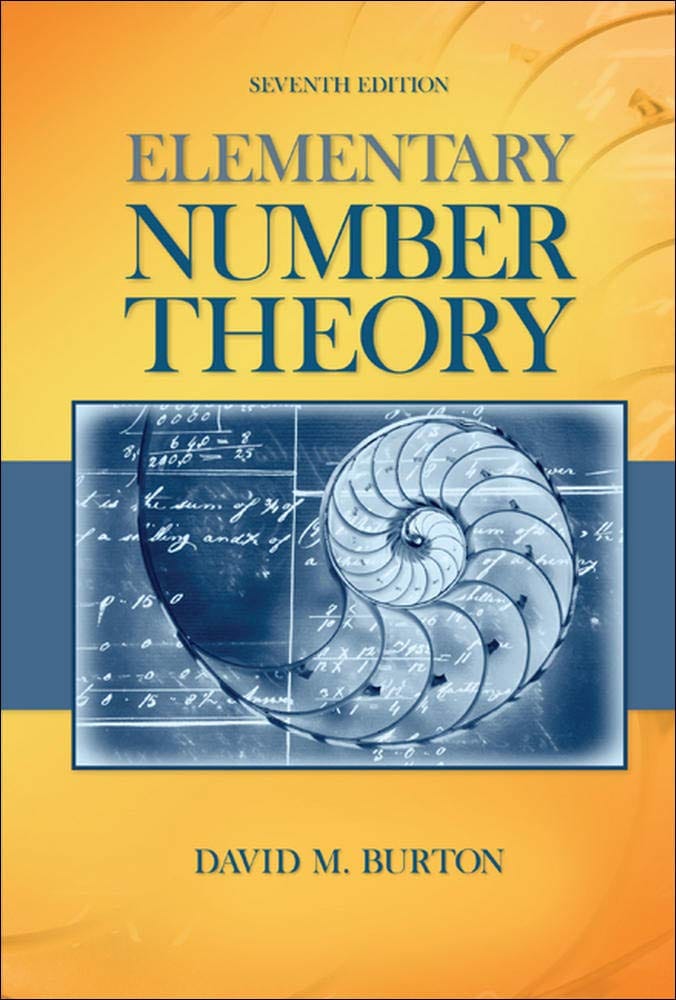
Elementary Number Theory Problems 3.3 Solution (David M. Burton's 7th Edition) Paid Members Public
My solutions for Burton's Elementary Number Theory Problems 3.3 (7th Edition)
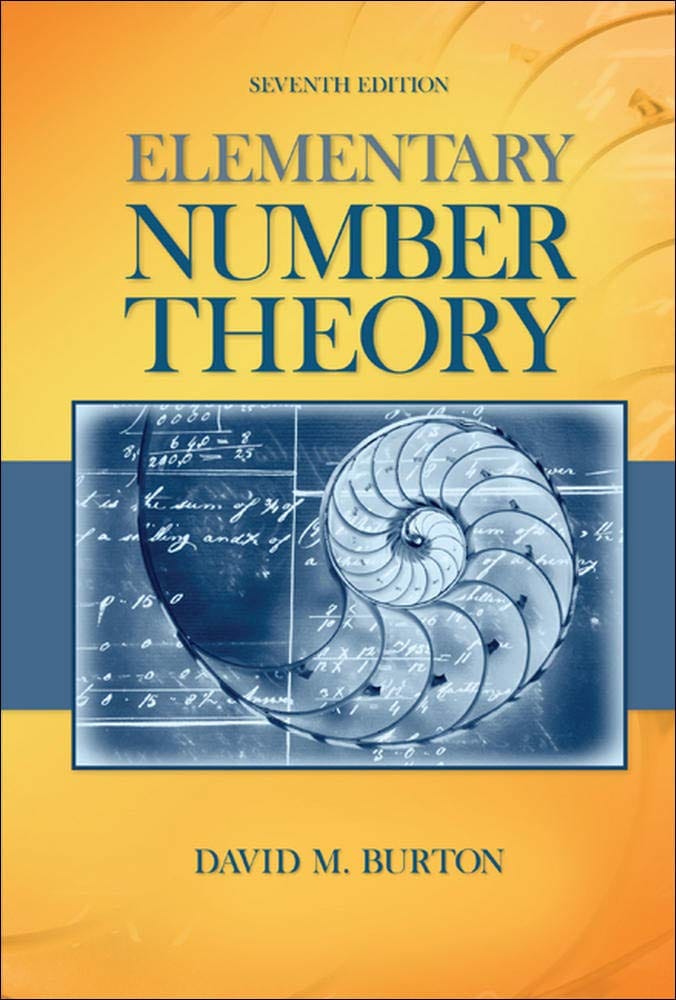
Elementary Number Theory Problems 3.3 Solution (David M. Burton's 7th Edition) - Q28 Paid Members Public
My Solution for "(a) If $n > 1$, show that $n!$ is never a perfect square. (b) Find the values of $n \geq 1$ for which $$n! + (n + 1)! + (n + 2)!$$ is a perfect square. [Hint: Note that $n! + (n + 1)! + (n + 2)! = n!(n + 2)^{2}$ .]"
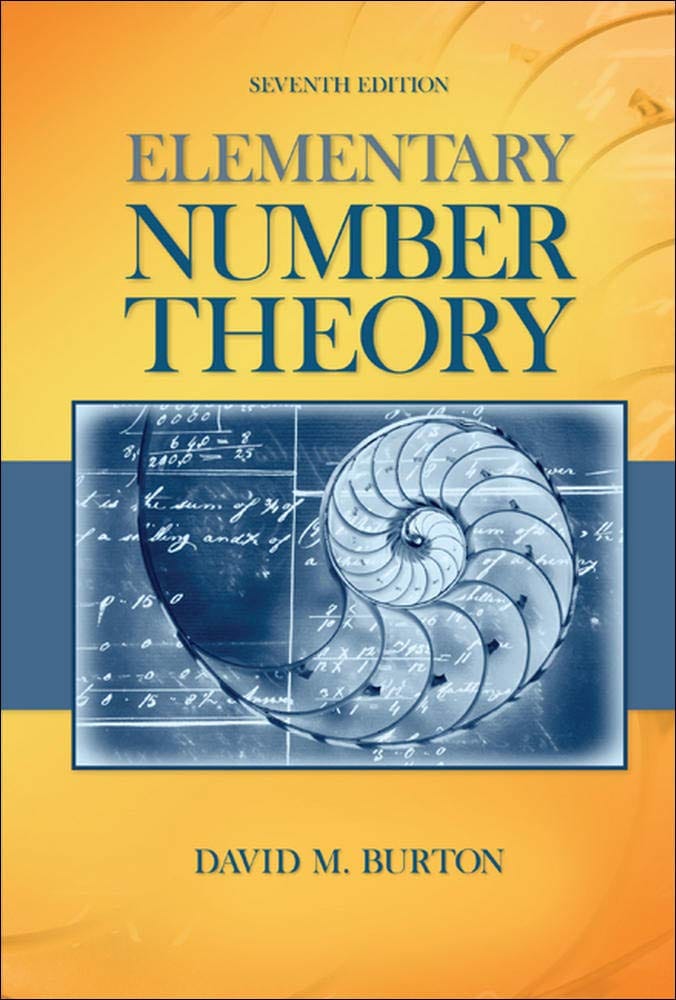
Elementary Number Theory Problems 3.3 Solution (David M. Burton's 7th Edition) - Q27 Paid Members Public
My Solution for "Prove that for every $n \geq 2$ there exists a prime $p$ with $p \leq n < 2p$. [Hint: In the case where $n = 2k + 1$, then by the Bertrand conjecture there exists a prime $p$ such that $k < p < 2k$.]"
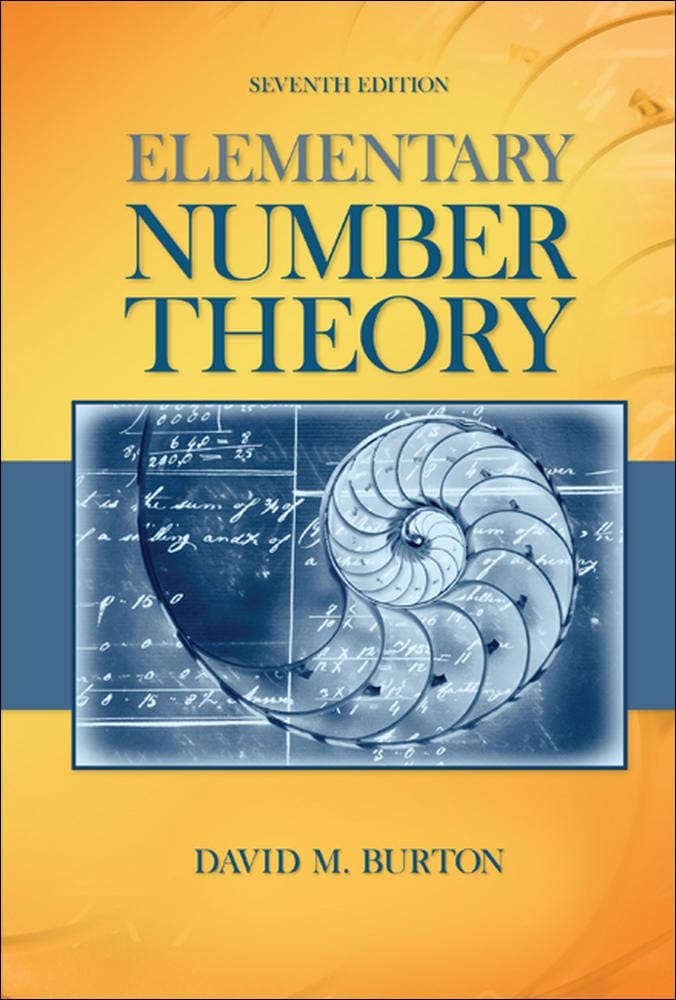
Elementary Number Theory Problems 3.3 Solution (David M. Burton's 7th Edition) - Q26 Paid Members Public
My Solution for "Verify the following: (a) There exist infinitely many primes ending in $33$, such as $233$, $433$, $733$, $1033, ....$ [Hint: Apply Dirichlet's theorem.] (b) There exist infinitely many primes that do not belong to any pair of twin primes.... "
